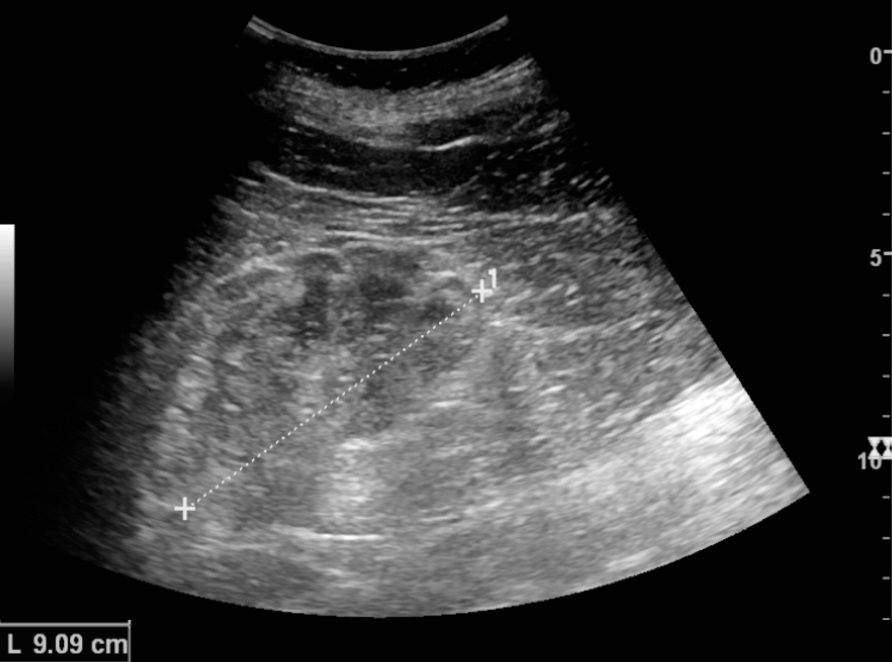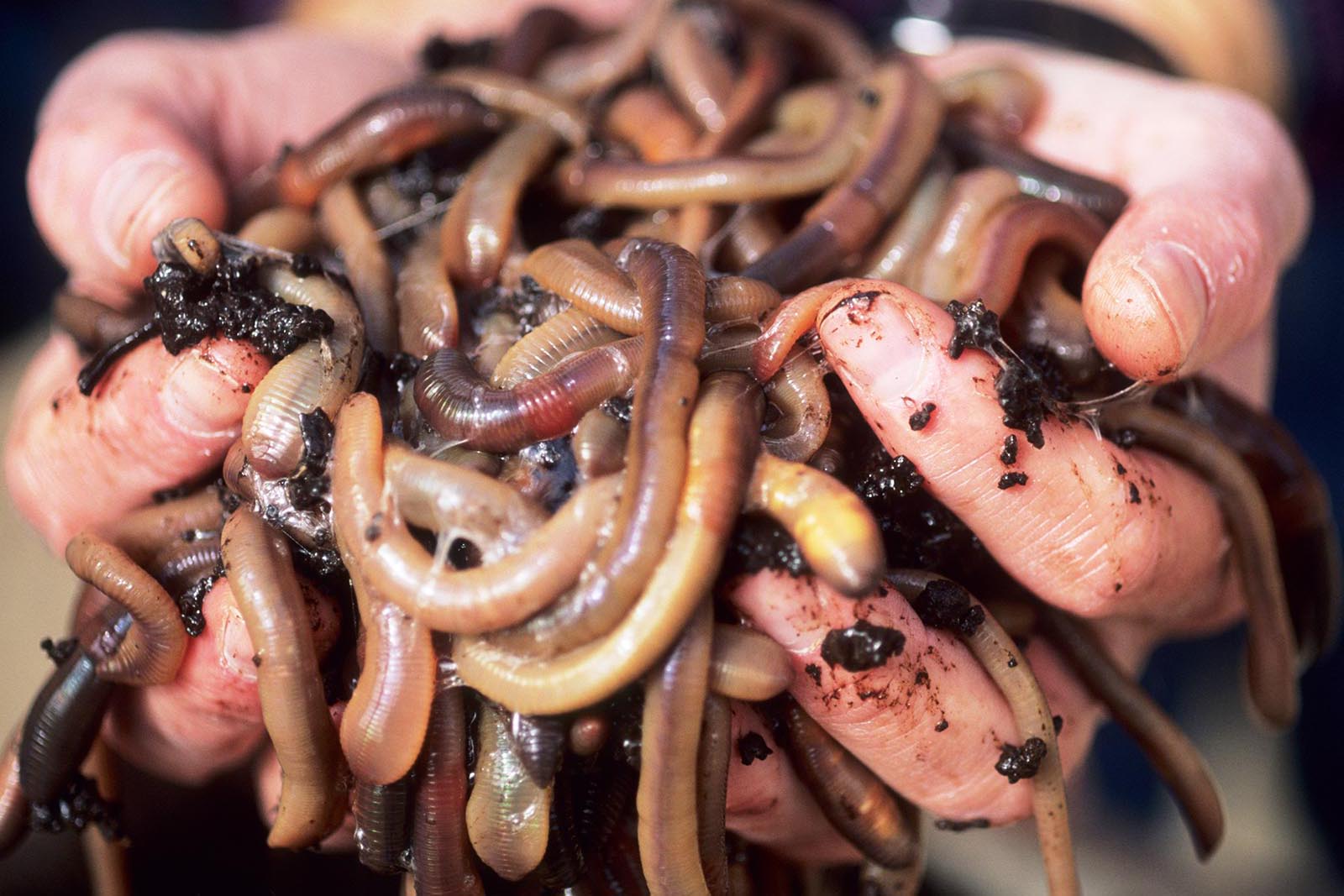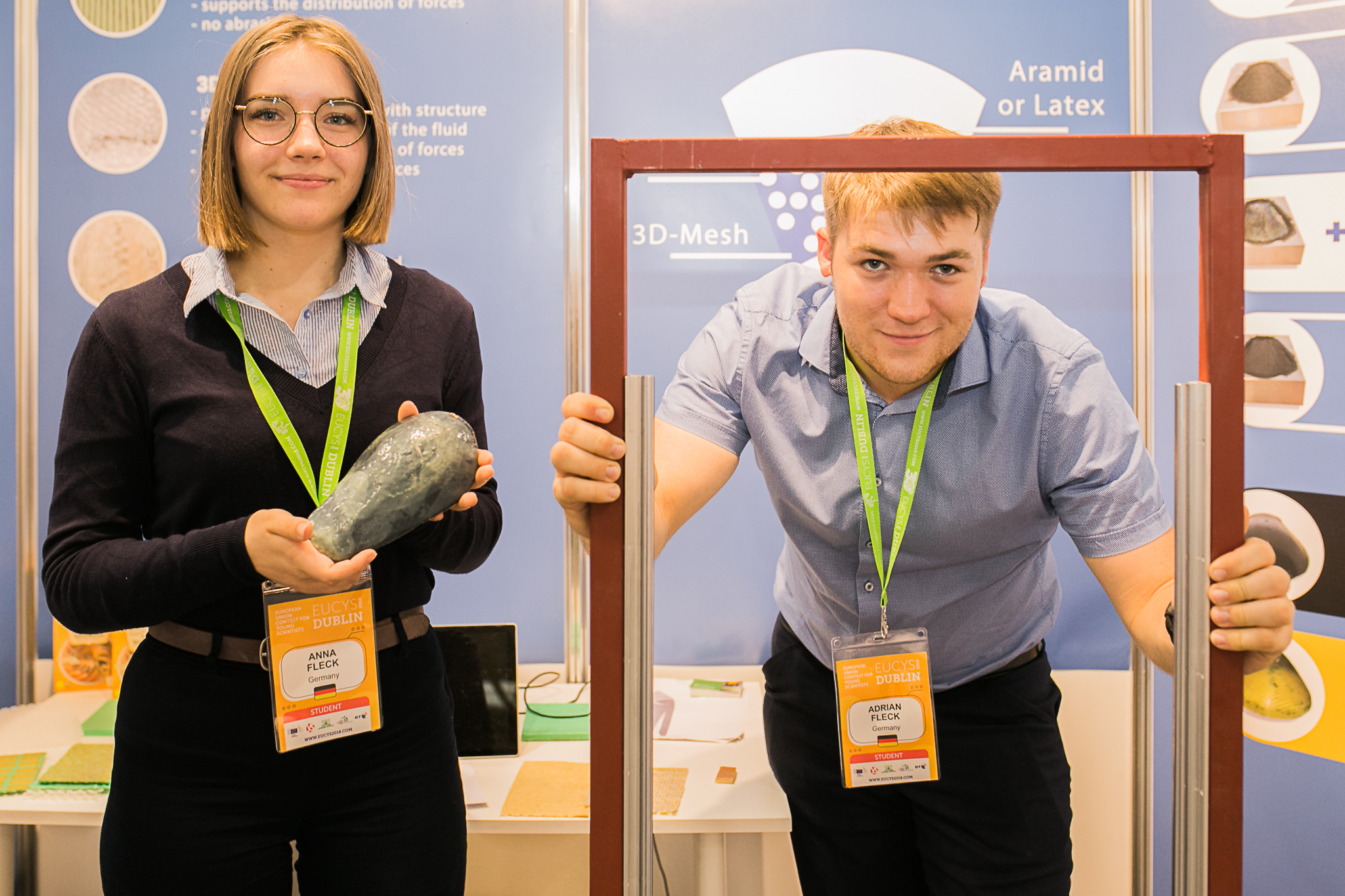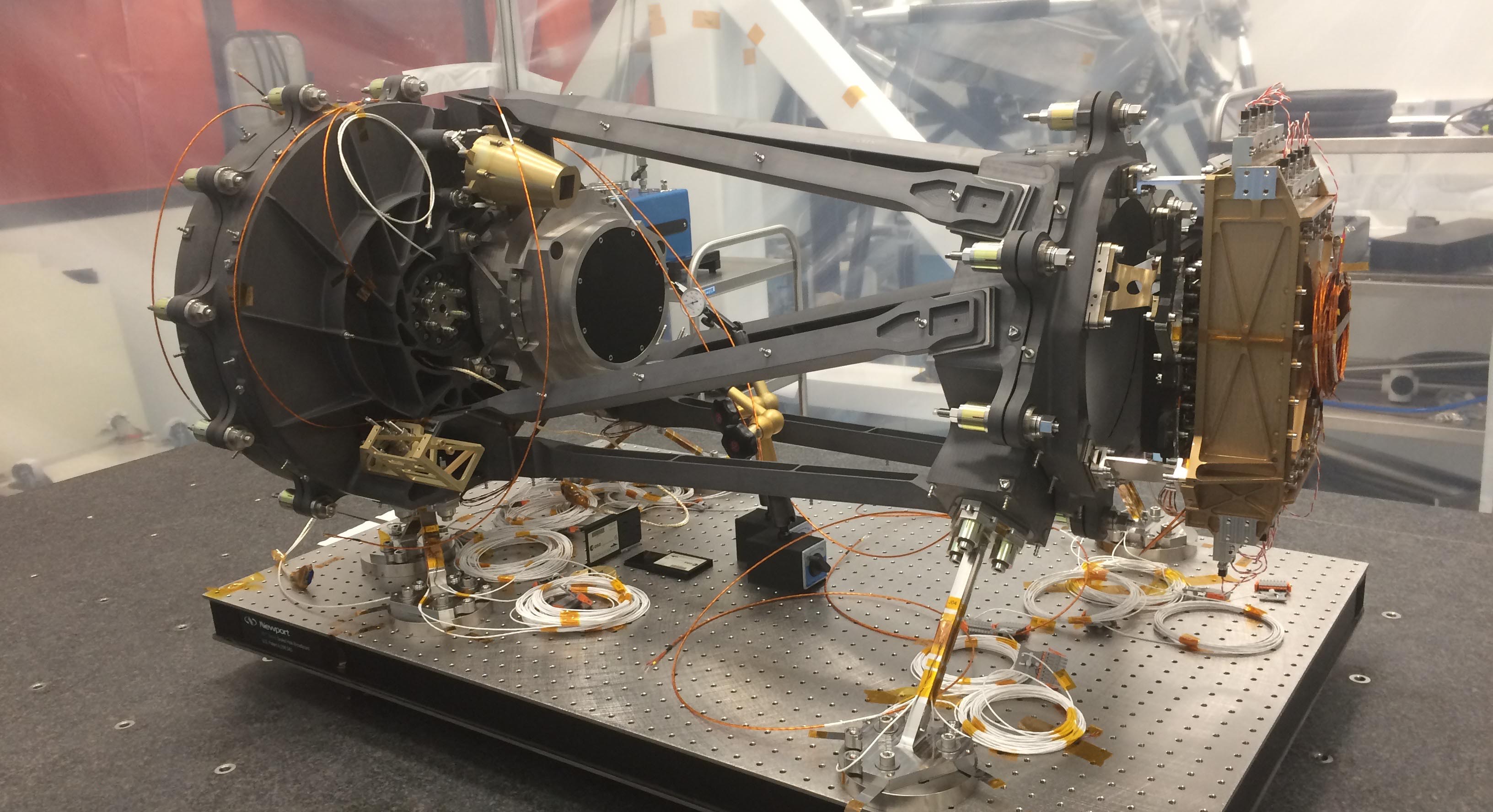Tissue engineering is no quick fix for kidney disease, but early intervention can help
by Frieda Klotz Recent advances in kidney research have yielded dramatic headlines touting scientists’ ability to grow kidneys in the lab. But some experts worry that hype about tissue engineering is excessively raising patients’ hopes. In 2013, US scientists announced that they had grown kidneys that could process urine in rats. The announcement was hailed as potentially … Read more






